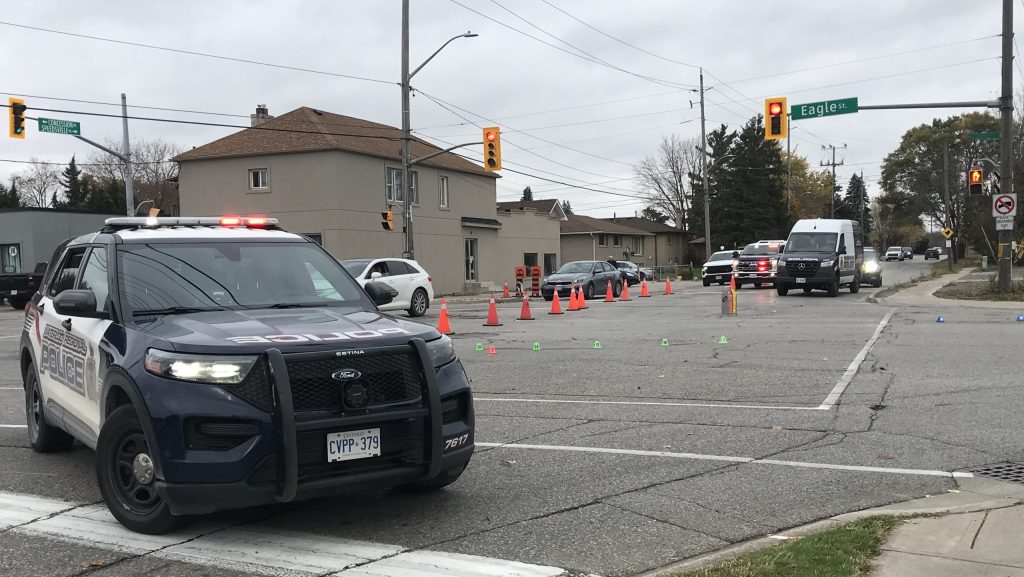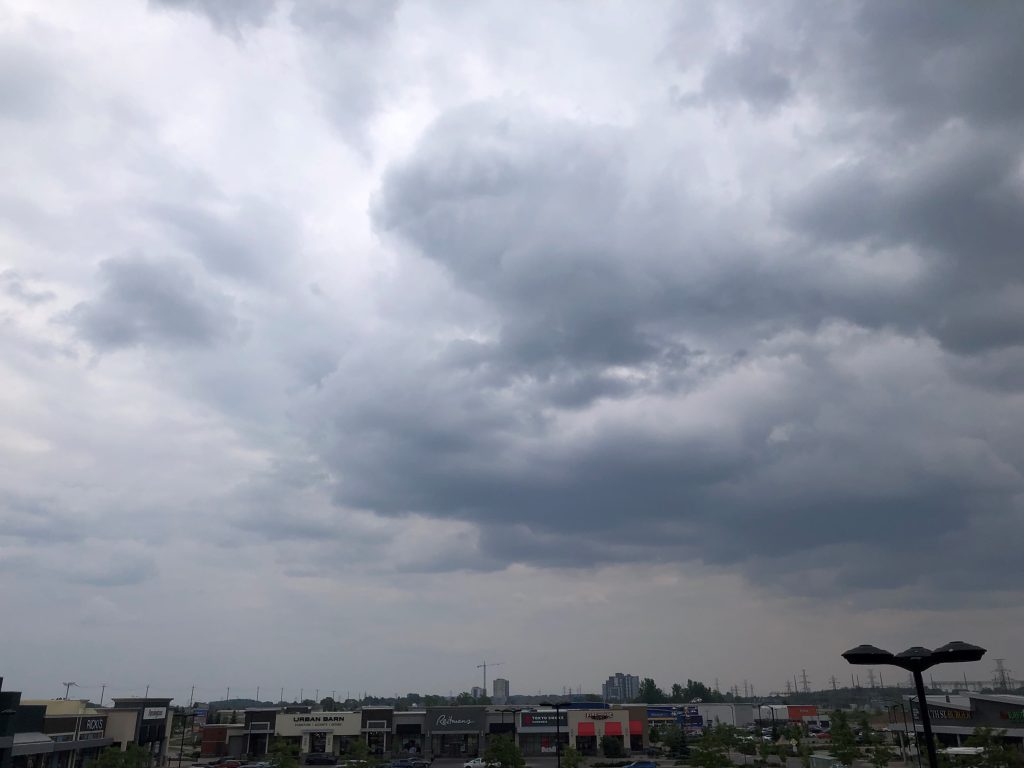Ford to ban indoor dining and close gyms, considers 2-week school closure: sources
Posted Jan 3, 2022 03:02:26 PM.
Premier Doug Ford will be announcing a temporary closure of indoor dining and gyms, sources tell CityNews. However, it is still unclear what has been decided regarding schools.
Ford met with his cabinet on Sunday and is considering keeping schools closed to in-person learning for another two weeks, according to sources who spoke to CityNews on the condition of remaining anonymous.
The restrictions for restaurants and gyms would go into effect on Wednesday, sources say.
Ford, along with Health Minister Christine Elliott, Chief Medical Officer of Health Dr. Kieran Moore, Education Minister Stephen Lecce, Finance Minister Peter Bethlenflavy and Ontario Health CEO Matt Anderson, will be holding a press conference at 11 a.m. Monday.
#BREAKING – Premier Ford will announce a temporary closure of indoor dining and gyms today, sources tell CityNews. It is still unclear however what has been decided regarding schools. The Premier to speak at 11AM and @CityNewsTO will carry it live.
— Richard Southern (@RichardCityNews) January 3, 2022
A return to in-person learning is slated for next week, on Jan. 5, two days later than initially planned — a move heavily scrutinized by provincial health officials and opposition members in the wake of the heavily transmissible Omicron variant.
On Dec. 18, the Ford government announced added measures, such as social gathering limits of 10 people indoors and 25 people outdoors, and a 50 per cent capacity limit in most indoor settings. The province also announced outdoor social gathering limits cut from 100 to 25.
Currently, ten patrons can sit at a table in a restaurant, bar and other food or drink establishments and meeting and event space. Bars, restaurants and meeting and event spaces and strip clubs that serve food and drink like a restaurant are required to close by 11 p.m., while take out and delivery is permitted beyond 11 p.m.
It would be a significant changeover for the Ford government as officials try to manage the spread of Omicron. In late October, government officials said that barring substantial setbacks, it intended to lift all public health and workplace safety measures by Mar. 28, 2022.
Public Health Ontario reported 16,714 new COVID-19 cases on Sunday, warning that the figure underestimates the virus’s actual presence in the community. The latest numbers mark a drop from Saturday’s 18,445 cases, a record for the province, the same day the Ford government confirmed it would no longer collect COVID-19 case numbers from schools and child care centres.
Ontario’s COVID-19 Science Advisory Table estimates the number of new cases per day to be just below 20,000, citing 97.8 per cent of the estimated percentage of these infections to be of the Omicron variant.
“This is moving rapidly,” said Ford two weeks ago. “There could be further changes.”
The cabinet meeting arrives as hospitals struggle to navigate the COVID-19 climate with more patients admitted to the ICU in recent days and weeks.
The president and chief executive officer of Toronto’s University Health Network (UHN) said that the spike in patients in need of care has resulted in at least a hundred staff absences per day.
Last week, the Ford government revealed a slew of modifications to its COVID-19 health measures. Among them, officials made publicly funded PCR testing only available for high-risk individuals who are symptomatic or are at risk of severe illness from the virus.
Previously, anyone with symptoms of COVID-19 could get a publicly funded PCR test. Now, only those on an eligibility list can get a test.
The isolation period for those with COVID-19 has since dropped to five days from 10 for those who are vaccinated and children under 12 years old. Household contacts must also isolate. Chief medical officer of health Dr. Kieran Moore said those with symptoms should assume they have COVID-19 and isolate at home.
The isolation period for vaccinated individuals ends after five days if symptoms have improved for at least 24 hours. Those who are unvaccinated, partially vaccinated, or immunocompromised will be required to isolate for 10 days.
Large indoor venues such as arenas, concert venues, and theatres are limited to 1,000 spectators, and smaller venues remain limited to half capacity.
Health officials concerned with COVID-related hospitalizations up
Many of the province’s infectious diseases specialists and physicians have voiced their collective concern over the Ford government’s decision to push back a return to class by a few days.
Critical care physician Dr. Michael Warner — who criticized the idea of pushing back the start date only 48 hours — says hospitals will continue to be overwhelmed by the Omicron variant.
“The way things are going, scheduled surgeries will be cancelled, and ERs will overflow. ICUs will not be able to transfer out patients, and ALC patients will have nowhere to go,” Warner said. “The next two months will be very difficult. I hope whatever cabinet decides will give us a chance.”
The way things are going, scheduled surgeries will be cancelled and ERs will overflow.
ICUs will not be able to transfer out patients and ALC patients will have nowhere to go.
The next two months will be very difficult.
I hope whatever Cabinet decides will give us a chance
— Michael Warner (@drmwarner) January 2, 2022
Citing the likelihood of future outbreaks and infected staff being forced to work, Warner says there is widespread concern that “the healthcare system could unravel very quickly.”
Ontario’s COVID-19 Science Advisory Table released updated data showing Omicron’s growth spike as it continues to spread across the province.
Infectious diseases physician Dr. Isaac Bogoch says even if Omicron proves less contagious than Delta, the “massive number of new cases still results in hospitalization and puts pressure on a healthcare system that was stretched prior to this wave.”
“Even if a smaller percentage of people with Omicron require hospitalization, that small percentage of a very large number of infected people still ends up being a lot of hospitalizations,” Bogoch wrote on Twitter.
Much about the Omicron variant remains unknown, including whether it causes more or less severe illness. Scientists say Omicron spreads even easier than other COVID-19 strains, including Delta, and it is expected to become dominant in the U.S. by early 2022.
With files from The Canadian Press and John Marchesan of CityNews








